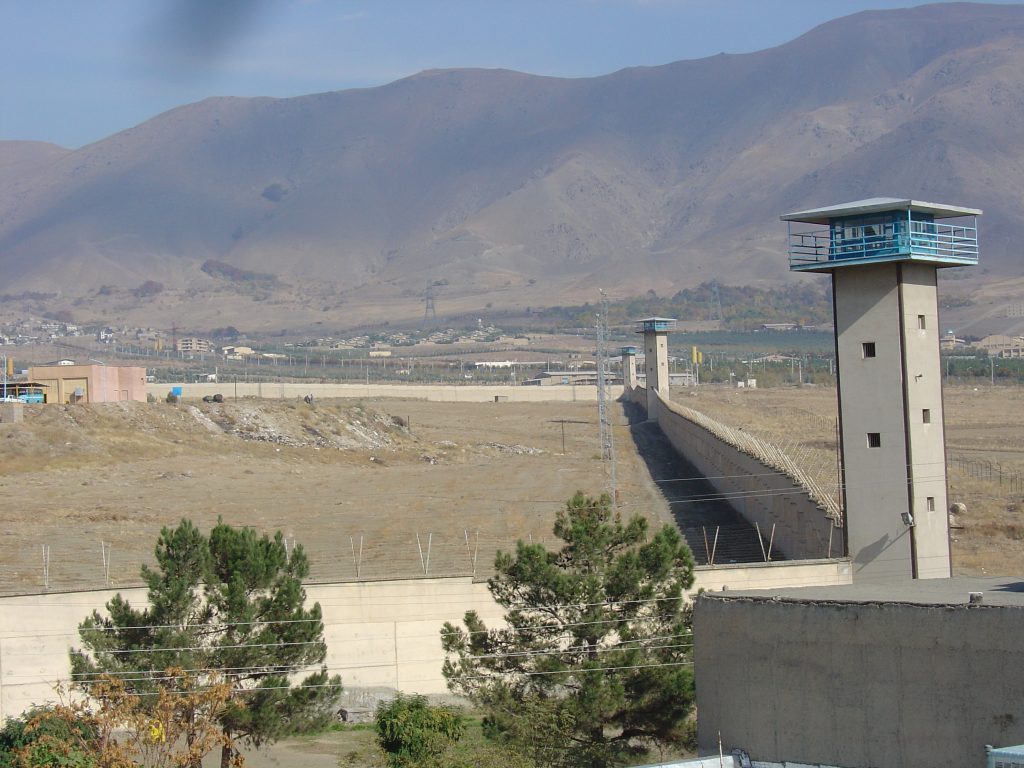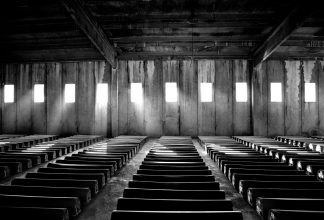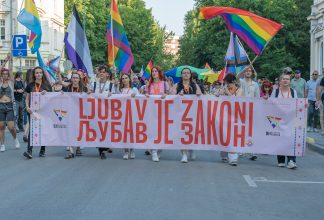After two years – now the historic trial ends

Today marks the end of the trial of the man charged with complicity in the mass executions of political prisoners in Iran in 1988. We have followed the trial for over two years, first in the District Court and now in the Court of Appeal.
”The legal process is historic and has been followed by people all over the world. The Court of Appeal’s ruling will, therefore, be of great importance to many,” says John Stauffer, Legal Director at Civil Rights Defenders.
An Iranian citizen and alleged former official at the notorious Gohardasht prison was found guilty for his involvement in torture and mass execution and sentenced to life imprisonment by the Stockholm District Court in July 2022. The verdict has garnered attention worldwide. It has sent an important signal to people in power – if you commit core international crimes, you risk having to pay the price one day. Justice is possible, although it may take time.
”It is important that this type of serious crime that has affected a large number of people does not go unpunished,” says John Stauffer, Legal Director at Civil Rights Defenders.
Important to be tried outside of Iran
No one has been tried in court for the mass executions and torture of political prisoners that took place in Iran during the 1980s prior to the trial in Sweden. The Iranian regime has defended the executions and therefore, it cannot be expected that the matter will be heard in domestic courts. Nor can the issue be raised by the International Criminal Court.
”The ability to try such cases in countries other than where the crimes were committed is often crucial for those responsible to be held accountable and for survivors to receive some kind of redress,” says John Stauffer.
Ensuring Global Access to the trials
The District Court verdict was appealed to the Court of Appeal, and the proceedings started in January this year. Civil Rights Defenders has been on site and followed the Court of Appeal proceedings. We have continuously published reports from the trial.
”It is important that everyone who has been affected by the mass executions in 1988, and who are prevented from being present in court, still can follow the trial and understand what is happening no matter where they live in the world,” says John Stauffer.
The proceedings in the Court of Appeal have not differed significantly from the District Court. The prosecutors have largely retained their previous argumentation, while the defence has shifted its focus from questioning that the executions took place to arguing that they were legitimate.
The verdict is expected later this autumn.
Civil Rights Defenders’ Role in Pursuing International Criminal Justice
Civil Rights Defenders has not been involved in bringing the defendant to justice in this case. However, Civil Rights Defenders has filed several complaints to the Swedish police’s war crimes unit to bring perpetrators of core international crimes to justice in Sweden. In February 2019, we filed criminal complaints against several high-ranking members of the Syrian regime along with nine Syrian survivors who had been subjected to torture and other grave crimes in prisons around Syria. In April 2021, we filed complaints against several representatives of the Syrian regime for war crimes and crimes against humanity committed through chemical weapons attacks targeting the civilian population in al-Ghouta in 2013 and Khan Sheikhoun in 2017. Since 2023, we are also a civil party in a similar case that is ongoing in France. Read more here and here.


